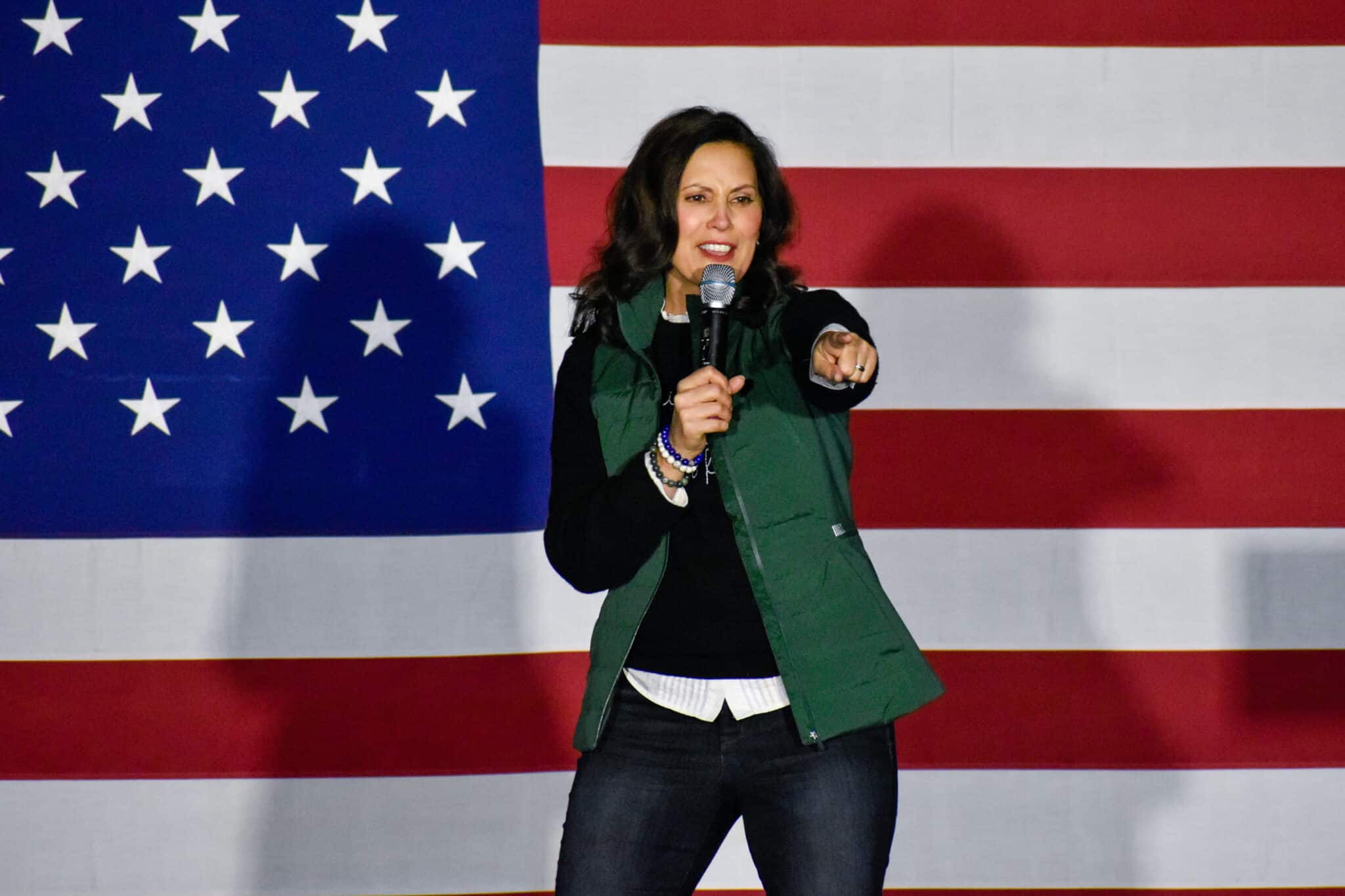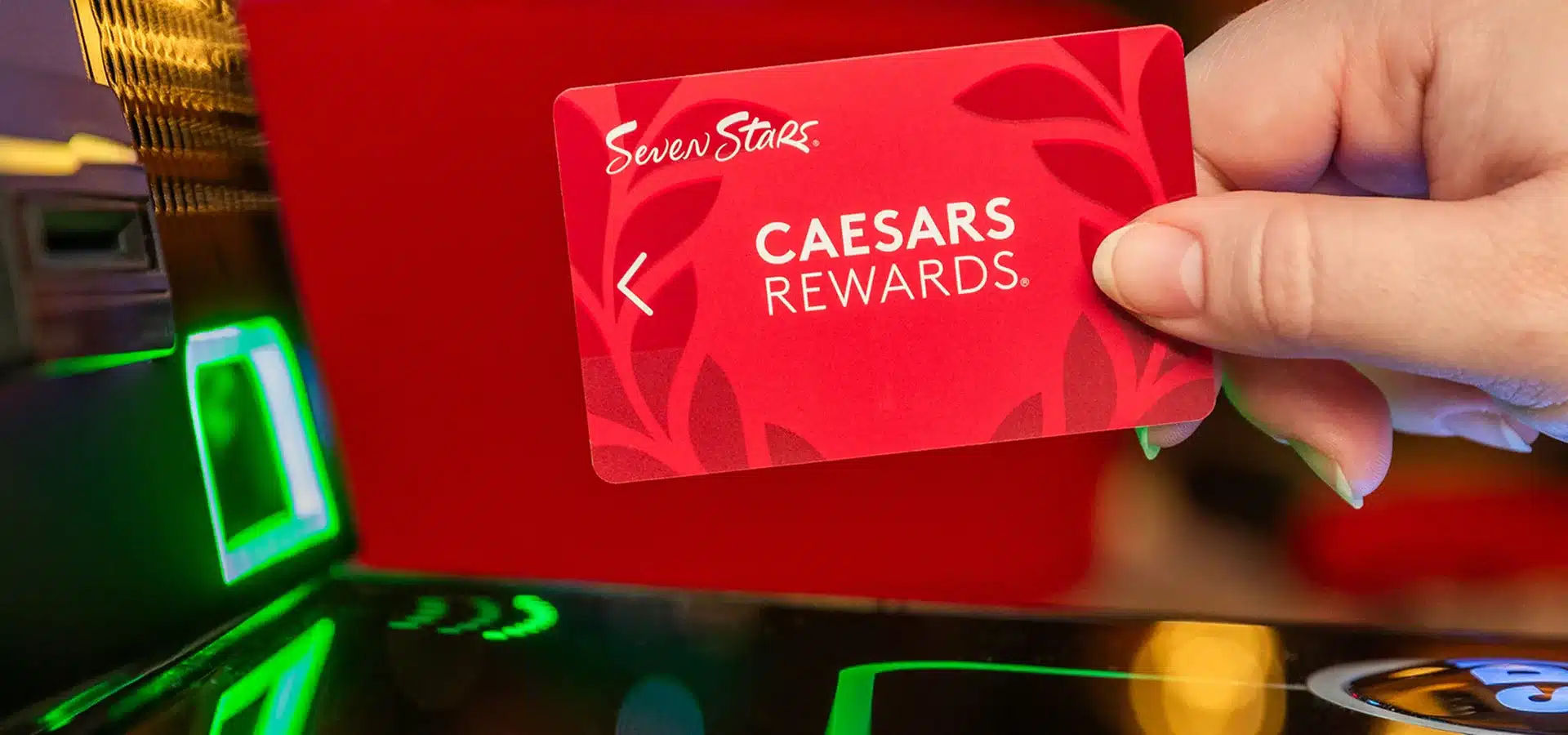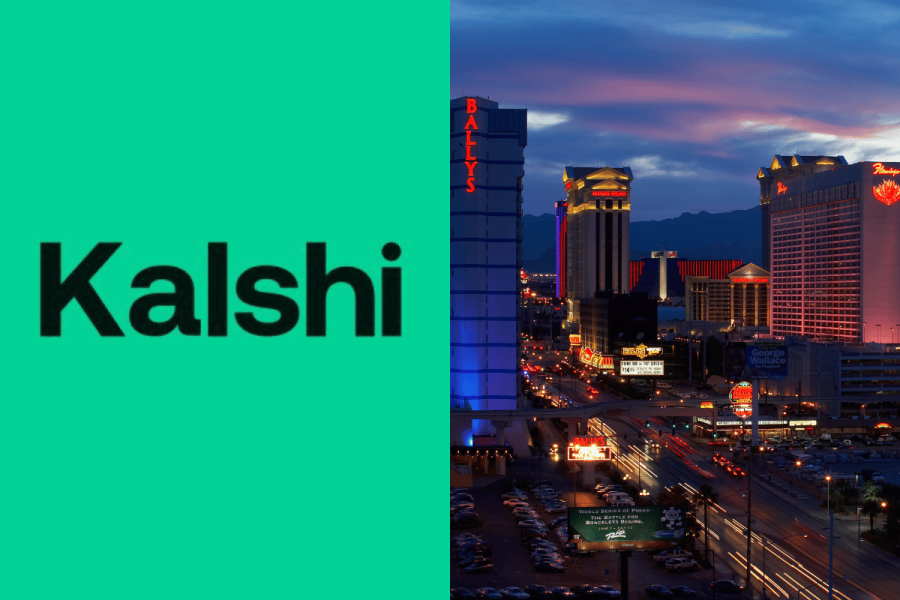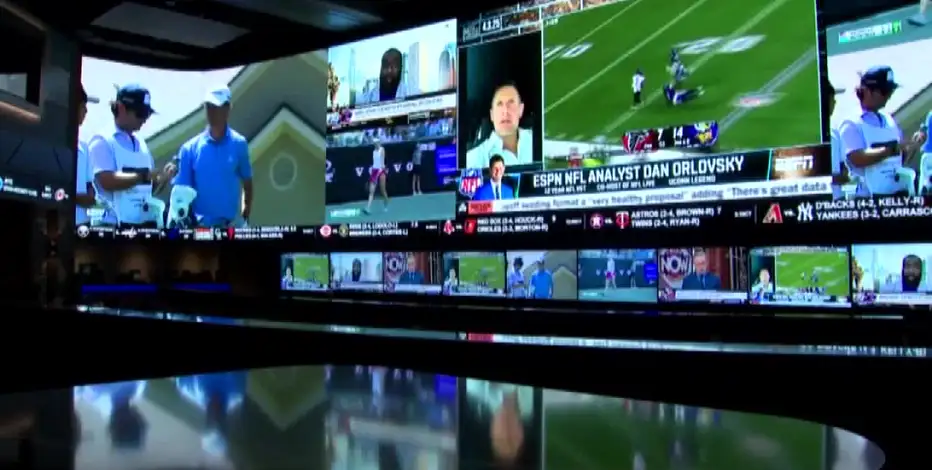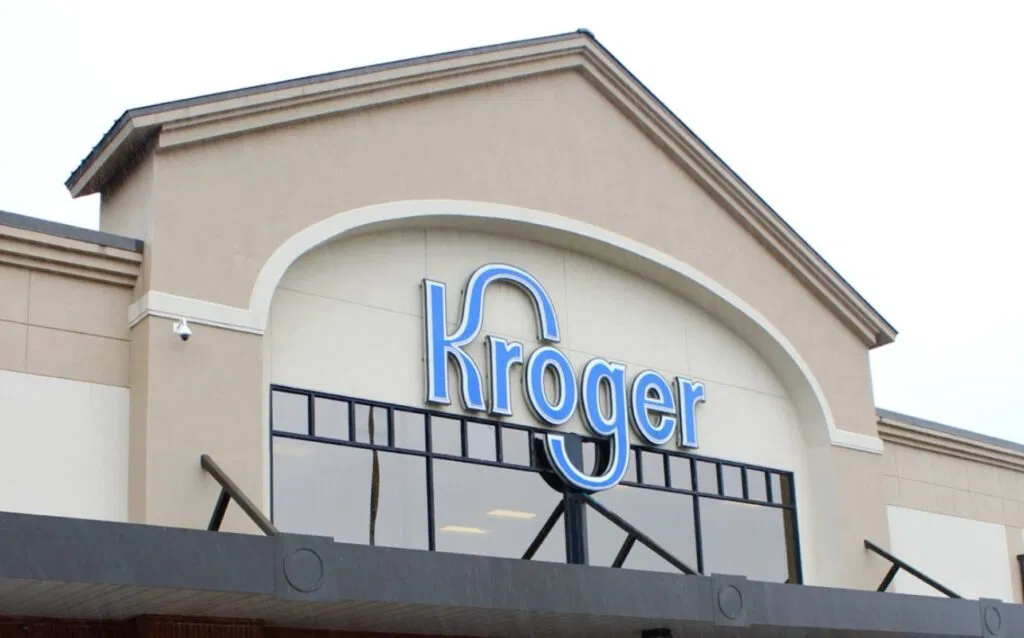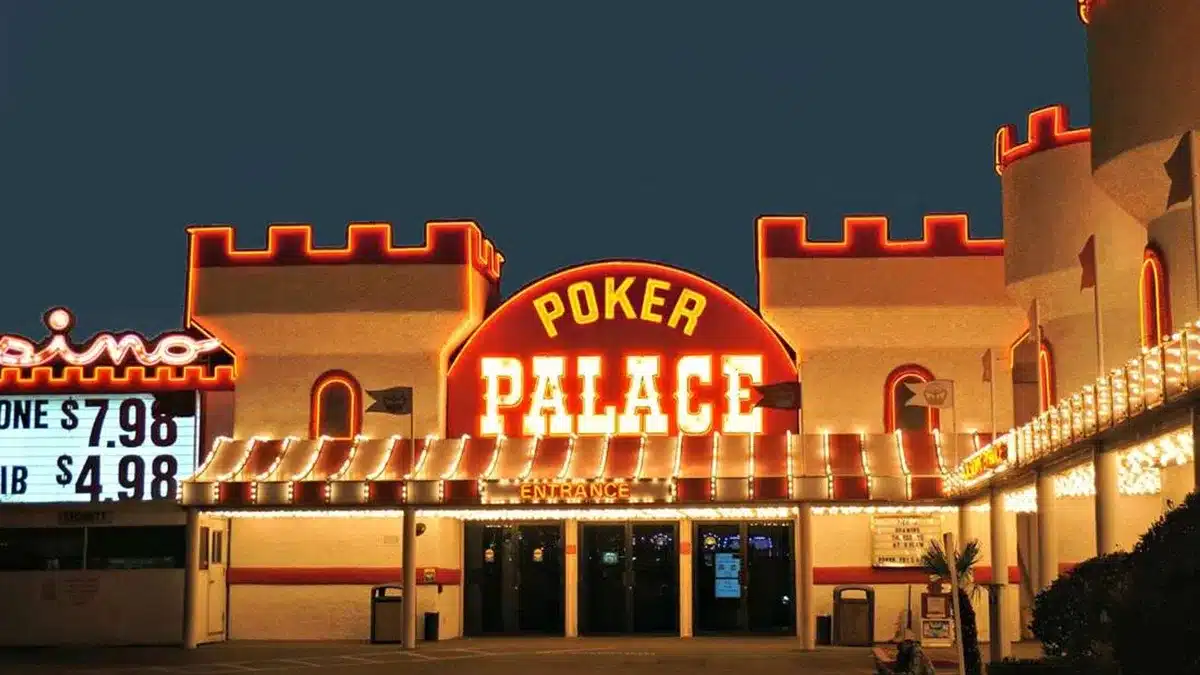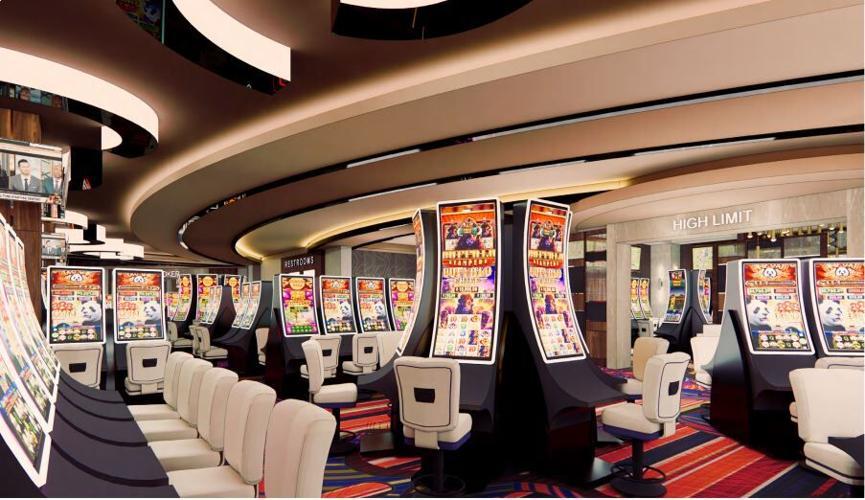
Andre Carrier: Casinos, hospitality industry and more
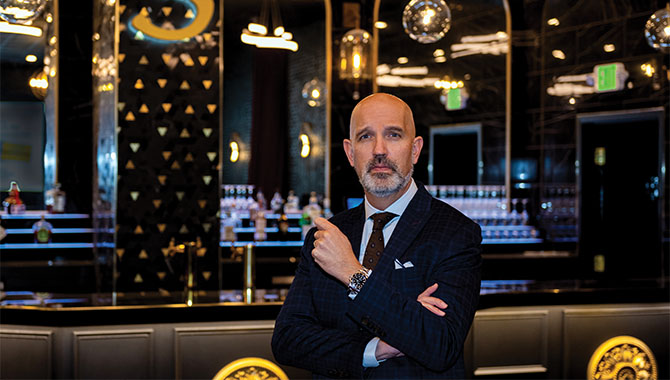
Eureka Casinos operates properties in cities that aren’t always associated with casinos: Mesquite, Nevada, Seabrook and New Hampshire. How did you end up in those markets?
The origin story of Eureka is a fun one. It goes back to our founder Ted Lee, my partner’s father. I think he originally got a call – and it’s a fun one to unpack – from Manny Cortez, who headed up the LVCVA [Las Vegas Convention and Visitors Authority]. I think he was involved at that point in brokerage land. This is long before you and I were even ideas.
Our origin company is Urban Land. A lot of the holdings of that business were land parcels. There was a parcel of land in Mesquite, Nevada where there was no off-ramp. Lee had the vision that this would be a relevant place. He bought the land and years later developed the Rancho Mesquite, the first iteration of the casino.
It is one of those fortuitous stories of opportunity, visionaries and entrepreneurs that is so quintessentially Las Vegas and Southern Nevada. It’s like the great Nevada story. Certain people are drawn here and see things well before the rest of us. Greg [Andre’s business partner] and I have been the beneficiaries of good vision from Mr. and Mrs. Lee, for sure. What about Seabrook? How did you get into that market?
Seabrook may be equally funny. My dad practiced and worked south of Boston and we spent our time in the White Mountains of New Hampshire. We would drive [Interstate] 95 all the time. From time to time, at Exit 1 at the New Hampshire border with five kids, you’ve gotta use the facilities. We would stop off in Seabrook. So, I knew this property my whole life. Shortly after becoming an ESOP (Employee Stock Ownership Plan), we realized we had created a long-term retirement plan for the benefit of our employees, so we had to diversify the company and the holdings. Greg, Lee and I were thinking about how we would do that and you think about places you’re familiar with. You think about places where people could help you and where you might have better instincts, which is a lot of leadership life, right? So, home is going to fit in that list.
We got a phone call from a friend of ours, God rest his soul, Bill McLaughlin. Billy said, “Hey, I think the track is going to trade.” At that point, greyhound racing hadn’t existed in New Hampshire for 16 years or more. It was really just OTB (Off Track Betting). They had this great location but there had been very little reinvestment because they didn’t know what the highest and best use of the land could be.
Seventy-five-acre parcel, great location on the 95 freeway at Exit 1 in New Hampshire. We headed out there and had a gut instinct, a ‘what if’ instinct. Also, Greg and I were both really intrigued about the charitable gaming construct in New Hampshire. It was interesting that 35% of all the revenue was going to a distinctive charity every day. You weren’t putting money into a pot for the state to write grants with. You were raising money that night for Boys & Girls Club. Greg and I thought it could be really interesting for an employee-owned company to own a charity casino. What if gaming expanded in New Hampshire and we took a big building – almost 100,000 square feet – and over time made it into, essentially, a regional casino? That ‘what if’ was enough to get us to move forward. Now, as I sit here with you today, I feel really lucky about how it’s all gone. I think it is a good example of an entrepreneurial journey that you take with a lot of hope.A leap of faith?
Yes – things don’t go the way you think they will. But we’re blessed with a group of positive leaders who’ve taken this business from the “Construction Casino” to what it is today. We’re blessed to have most of the same group of leaders that were on the ground in those early days.Explain to folks how a charitable casino works.
For all games of chance, 35% of revenue goes to a distinctive charity daily. Those charities register with the state, background checks are done including proof of 501(c)3 status. Then they enter into agreements with us to take on dates. You can take up to 10 days a year and each day players in New Hampshire game on behalf of two different charities. On the slot side, 25% of that is taxed and 35% of that 25% goes to those charities, as well. So on any given week you could be raising upwards of $140,000-$150,000 for a charity.
The charities may promote it, like you would if you were throwing a casino night, or they can be really passive. When you think about a state like New Hampshire, which has no income tax, 501(c)3s are often social cause organizations. They fill a really important lane in making community work. So, if you can get them spending less time fundraising and more time doing their work you get better outcomes. In 2013, at The Brook we raised over $8m – and over $16m since 2019. What if the largest charity casino in America raising upwards of $8m a year for essential charities was 100% employee owned? The remaining beneficiaries of the performance of that business were the long-term retirement and benefits of the men and women that work there.
That’s The Brook. But, sometimes you need to find talent, people who will work and volunteer in those [charity] organizations. Then you have to build awareness. That’s what makes the model different than, say, a fundraiser at a golf course. This is a way to market smaller organizations so that when people need those services in life, they’re aware they exist. Not everybody is Meals on Wheels. Not everybody has a brand that’s been built over decades. Lots of 501(c)3s that are performing essential services are passion projects formed out of experience and need, and marketing their existence is valued. That’s what I love so much about the model.That’s very commendable. Switching back to your Mesquite location, readers across the world are going to be familiar with Vegas. They’re going to be less familiar with Mesquite. Why might someone want to visit Mesquite?
Mesquite is different from Las Vegas in that it is a resort golf-lifestyle location. If you like the idea of Palm Springs in the 1950s and ‘60s, you’ll probably like Mesquite. Mesquite is where the red hills of Nevada and Utah begin. It’s a beautifully master-planned community on one side and a real Western lifestyle community on the other, divided by the Virgin River.
The other thing for golfers is there are seven courses within 10 minutes of your door. So, if what you want to do is get out and play four rounds of golf in three days, Mesquite is one of the rare places you can do it. The other thing that makes it different is that a lot of desert golf tracks are flat. Mesquite has massive elevation changes because of the tabletop mesas. So, it’s not uncommon to have the tee box 150 feet above the fairway. You have to be attentive when you’re driving a golf cart in Mesquite. It exists for an entirely different purpose than Las Vegas and speaks to a different customer. But it’s a fantastic experience.
That sounds like it. You’ve obviously had a long career in gaming, three decades and counting, and you’ve worked for big names, Steve Wynn, Tilman Fertitta. Can you tell us a little bit about your biggest influences and how they shaped you as a leader?
One of my influences is Bob Halloran. He was my dad’s friend in high school when I first came to Las Vegas. I used to have to do sanity checks, my parents didn’t know if Las Vegas would be a great place for a kid from South Boston and Mr. Halloran was the President and CEO of Sports for the Mirage. Sometimes we’d sit with Tommy Lasorda and have dinner at Kokomo’s. Other nights we’d go to a special event where Siegfried and Roy were raising money for white tiger preservation. But there’s nothing like fight night in Las Vegas. UFC comes more frequently than a big prize fight. We’d have maybe one or two a year and the whole world would focus on us. When we look at the big event, I just want to make sure everybody remembers how important Bob Halloran was to the creation of it.
Some people are going to read this and know exactly who I mean. Bobby Baldwin will be smiling when he reads this. As a tactician, as an operator, as an intellect, I absolutely admire and was very much influenced by Mr. Baldwin. From Steve Wynn, the audacity of vision, which is remarkably ironic given his condition. My grandfather was [also] blind, so he and I had this special connection of moving around spaces with a lot of people. The questions he would ask me at the opening of the Bellagio. “Andre, what is your favorite space?” It wasn’t a throwaway question. It was a test. I said, “I think it’s the atrium.” “Why?” “‘Cause when I think of that space, Mr. Wynn, it’s the natural light, the way that light affects what’s been built there. The smell of the flowers is so pervasive there and I think as a result all of your five senses activate the sixth sense of place, which is somewhere special.” “That’s correct.”
Then, Tilman to me is the remaining renegade entrepreneur on Las Vegas Boulevard. He’s so important to the future of the city. I don’t want to put it on him – if anyone sends it to Tilman, I’m not putting it on you – but I think you’re so important. I think he’s so important because this city has been built by renegade entrepreneurs. And he is so brave. He is so good at what he does; we need him. Then, Doris Lee and Mr. Lee. Mrs. Lee – I think family businesses are really important. I grew up in a family business; we serve a specific purpose in that we can act quickly and we can do what’s right. We’re not forced to compromise. We talk about distribution of income, distribution of wealth, distribution of dignity and whether or not you feel trusted and respected. I think you learn that from great leaders, like the Lee’s. Where do you see casinos and the hospitality industry going in the next five to 10 years?
Just like I spoke about the importance of renegade entrepreneurs, the other side of the album is institutional investment. I think there’s risks with that – things we do to entertain our customers, to provide growth opportunities for our talented people, don’t pencil analytically sometimes. The IRRs (internatal rates of return) aren’t great. You wouldn’t invest in The Sphere?
Probably not. These are spaces that are occupied by incredibly brave, renegade entrepreneurs. And institutions don’t behave that way when they’re preserving wealth, by growing wealth in incremental amounts.Las Vegas has got to keep its edge on innovation, on style and I think we’re very blessed that restaurants do that for us. Nightclubs do that for us a lot. But the rest of our spaces have to be equally challenged all the time because there are places like Dubai that are building remarkable spaces.
If we’re going to be about having the breadth of experiences, we have to say, “Hey, what can I do for a 57-year-old woman from Des Moines [Iowa] who’s going to get one vacation a year and at the same time what can I do for a 32-year-old options broker, trader, from Chicago who comes to Las Vegas five times a year to entertain himself and others?” We have got to be able to do both all the time.
When I think about our future, I think how important Tilman is. I think how important restaurants like Cathedral or the Hakkasan Group are and I think about how important it is to have people like Bruno Mars building a jazz club in the Bellagio; and how entertainment and sports entertainment has changed this city. I think about how that’s changed things. I think how brave F1 was. We gave birth to one of the most profound events in the world in 2023. It was painful. [But] it was pretty cool. That’s what I see. Las Vegas has to – not stay “relevant” – you have to be the leader of what is cool.
Tags/Keywords
Amanda Foster writes from a design-first perspective. Her background in creative writing shapes how she approaches both games and iGaming platforms, with close attention paid to pacing, presentation, and how systems guide player behavior. After entering digital media through independent criticism, Amanda built a reputation...
Players trust our reporting due to our commitment to unbiased and professional evaluations of the iGaming sector. We track hundreds of platforms and industry updates daily to ensure our news feed and leaderboards reflect the most recent market shifts. With nearly two decades of experience within iGaming, our team provides a wealth of expert knowledge. This long-standing expertise enables us to deliver thorough, reliable news and guidance to our readers.

